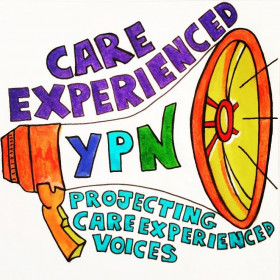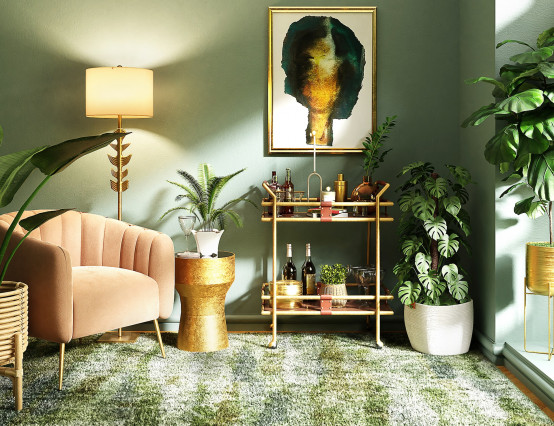Work is weird. As we roll further into late stage capitalism the insanity of it all becomes ever more dazzling. Those of us working in full-time employment see ever more exploitative behaviour in the name of profit over people, and those of us in self-employment watch as some entity runs around wearing our avatar as its skin and can’t stop saying yes to everything out of fear the work will dry up one month, or that one ‘no’ could lead to us never being offered work ever again. Welcome to adulthood, kids. It’s hard out here.
So I’m in my early 30s. I spent most of my 20s self-employed (straight out of uni.. so brave – and not at all insane, right?), and have been in employment for five years now, and there’s pros and cons to both. I love the security that employment brings, but the loss of control over how I spend my days is something I’m still grieving. That being said, I love working alongside colleagues and no longer feeling that every buck always stops with me. I can take a day off to take care of myself, without worrying my income will evaporate overnight.
On the other hand, being sucked into the established culture in a workplace is basically inevitable. You can’t fight your environment, not all the time. So you need to make sure the culture of the place you work in suits you, or you could quite easily become someone you don’t even recognise, and you definitely didn’t choose to be. Sometimes that’s positive, of course, but sometimes not – depends what you’re going for.
So make your choices consciously, and make sure you have an eye on what you’re becoming. I’d sooner go back to running a golf hut than go to bed at night knowing I’ve exploited someone I care about, but honestly, out here I think it’s difficult to even notice you’re being exploitative. The culture of capitalism is literally about extracting everything you can from available resources in order to make profit. Trouble is, resources used to be stuff, and the whole system used to be held up in the name of making life better for people. And, as far as I can tell, life did improve. But, somewhere along this path, the people became the resources, and we seem to be serving the idea of profit and ‘stuff’ as if it were a god, instead of a means to an end.
Fun fact; I was also in care growing up. I can’t begin to tell you how challenging it is trying to form relationships with people at work, or anywhere really, when you need to make evasive moves every time someone brings up convos like “so what are your family doing for christmas?” No-one wants to hear that the new girl will be spending Christmas on her own, again. They don’t know how to respond and it makes things uncomfortable, so it’s much easier to just run away and never engage with conversations that enable you to form close relationships with those around you.
I will say though, growing up in uncomfortable and challenging situations makes you pretty sharp; I know if there’s going to be a fight in a bar at least 10 minutes before it happens, and I clock an unhealthy social dynamic a mile off. I’ve spent so much of my life reading every book about psychology I could possibly get my hands on, I’m pretty good at resolving conflict and managing stress in the workplace. It just took me longer than my peers to figure out how I’m supposed to behave. Now that I have, I strike a balance that both challenges and panders to this idea of what it means to be ‘professional’ in your demeanor.
People often find it refreshing when you speak bluntly and openly, but if you do it too often in a culture that values, for example, ‘pleasantness’ over ‘challenging ourselves’ then you’ll be socially shunted. So shake things up, the world’s a mess and we shouldn’t pander to outdated social habits like blindly following those at the top of a given hierarchy, but give people time to catch up and be compassionate as you try to make changes, or you’ll soon find yourself standing about on your own wondering why no-one’s making eye contact.
We also – and I’m sure this doesn’t just go for people who’ve been in the care system – don’t tend to like authority figures, and often have very little sense of what a healthy working relationship is supposed to look like. This made me particularly prone to the blame-game when I was younger i.e. thinking management should have all the answers and holding them to such an account, and finding myself feeling angry with people who seemed unable to cope with the smallest things. What’s come with age is understanding that management in workplaces has a difficult task trying to manage humans they often know very little about, and people just have different levels of capacity for handling upset and stress. And as it turns out, most people don’t know themselves very well, because they haven’t needed to. Trauma means you have to look harder. I love to see workplaces that encourage each other to challenge old working practices. What do you value?
Chloe Juliette is a social researcher and facilitator specialising in qualitative research, deliberative engagement and co-production. She set up and facilitated the CEP young people's network. You can follow her on Twitter here.








0 Comments